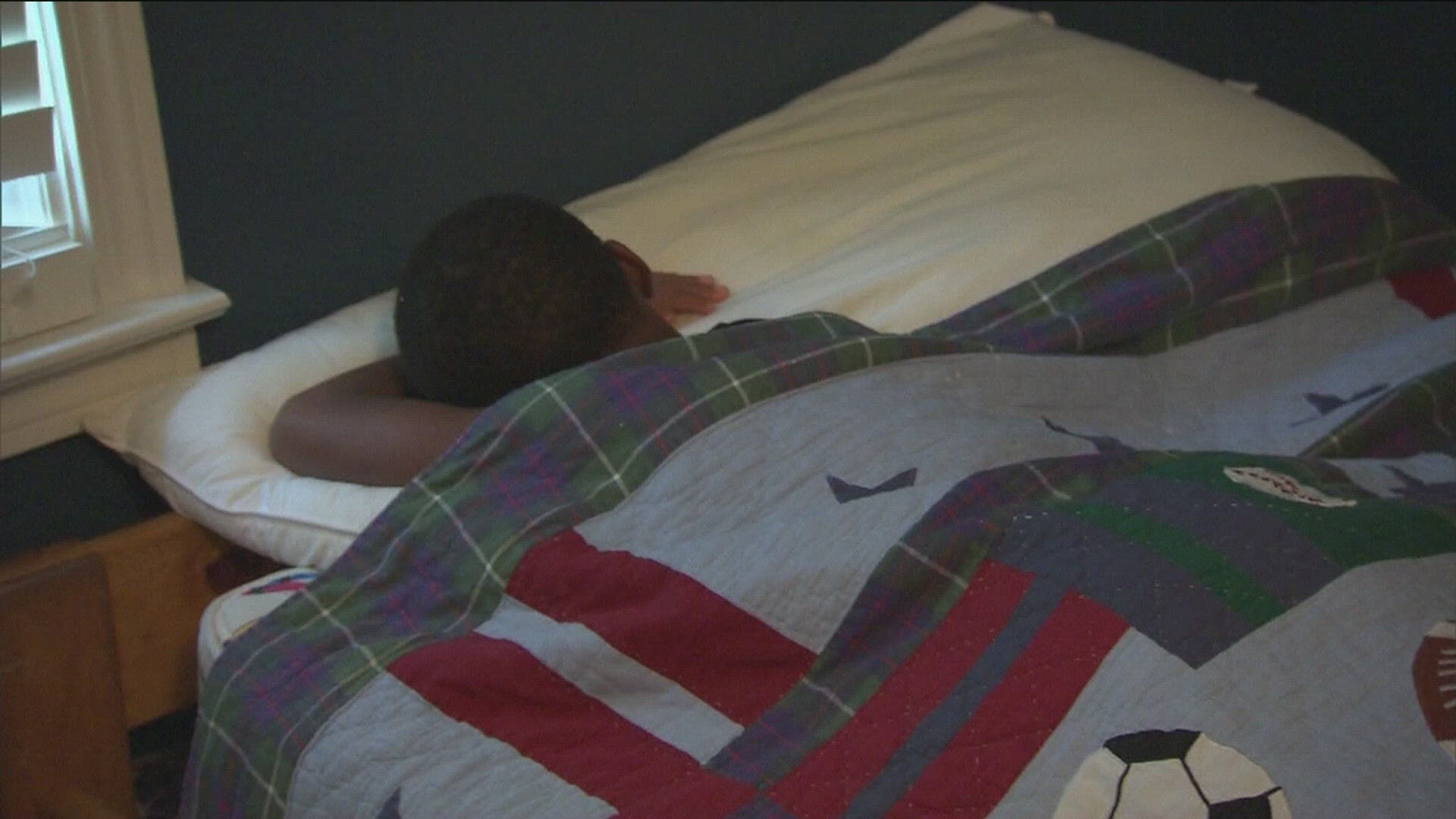MINNEAPOLIS — A research team at the University of Colorado Boulder recently surveyed 1,000 parents to see how many use melatonin to help their school-aged children fall asleep at night.
The results showed nearly 1 in 5 children use melatonin to help them sleep.
Among kids ages 5 to 9, the study showed 18.5% were given melatonin in the previous 30 days.
For pre-teens ages 10 to 13, the number was even higher at 19.4%.
The study also showed that 6% of preschool kids ages 1-4 had also used melatonin in the past month.
Authors of the study say these results suggest a significant increase in melatonin use in children, as researchers say a previous survey in 2017-2018 showed around 1.3% of parents reported giving their children melatonin to help them fall asleep.
“Melatonin is a little bit of a gray area,” Hennepin Healthcare pediatrician Dr. Krishnan Subrahmanian said.
Subrahmanian said some studies show children on the autism spectrum, with ADHD, and/or diagnosed with sleep disorders may benefit from using melatonin.
He said some other children may also benefit from using melatonin, depending on their unique circumstances.
However, he often encourages parents to pursue other sleep solutions first before giving melatonin to their children.
“Options like creating a more consistent schedule at night, a warm bath, turning down the television lights, or turning down the screen lights. Also, dimming the lights around the house. All of those lights can make us think we’re awake or we’re supposed to be awake,” Dr. Subrahmanian said.
He also encourages parents of younger children to consider their child’s naptime routine.
He says children who are around 18 months old will often begin to transition from two to three naps a day to one, and children around the age of 3 will begin to transition from one nap per day to none.
He says children around these age groups may have a hard time falling asleep at night if they are getting too much sleep, or too little sleep, during the day.
“Because melatonin is over the counter, it’s not regulated in the same way as the FDA would regulate other things. When you buy a product over the counter it’s hard to tell exactly how much melatonin is in there,” Subrahmanian said.
An additional study published in the Journal of the American Medical Association this past spring highlights the melatonin potency concern.
Researchers looked at 25 products that contained melatonin and found one product did not contain a detectable level of melatonin, but did contain 31.3 mg of CBD.
The remaining products contained melatonin levels that were 74% to 347% of the quantity that was marked on the label.
That means some products contained nearly three times more melatonin than what was advertised on the label of the bottle.
To read the full research study from the University of Colorado Boulder click here.
To read the full research study published in the JAMA click here.
WATCH MORE ON KARE 11+
Download the free KARE 11+ app for Roku, Fire TV, Apple TV and other smart TV platforms to watch more from KARE 11 anytime! The KARE 11+ app includes live streams of all of KARE 11's newscasts. You'll also find on-demand replays of newscasts; the latest from KARE 11 Investigates, Breaking the News and the Land of 10,000 Stories; exclusive programs like Verify and HeartThreads; and Minnesota sports talk from our partners at Locked On Minnesota.
- Add KARE 11+ on Roku here or by searching for KARE 11 in the Roku Channel Store.
- Add KARE 11+ on Fire TV here or by searching for KARE 11 in the Amazon App Store.
- Learn more about the KARE 11+ app for Apple TV in the Apple App Store.
- Learn more about KARE 11+ here.
Watch more local news:
Watch the latest local news from the Twin Cities and across Minnesota in our YouTube playlist:

